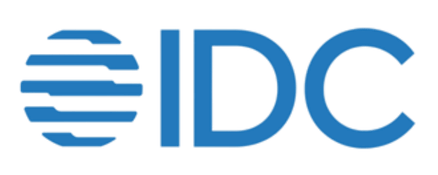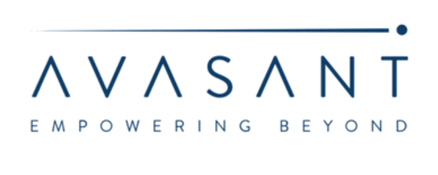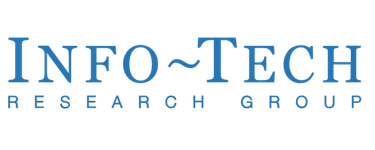Senators to Introduce Federal Bills to Regulate HR Tech in the United States

From the West Coast to the East Coast, states across the US are joining the race to regulate HR Tech, with New York proposing legislation targeting automated employment decision tools (AEDTs) at the state and local levels and California proposing multiple pieces of legislation, including amendments to its employment regulations. Federal efforts to regulate HR tech have now emerged, with Senators Bob Casey and Brian Schultz announcing on 20 July 2023 their introduction of the No Robot Bosses Act, along with the Exploitative Workplace Surveillance and Technologies Task Force Act, which was also co-authored by Cory Booker.
No Robot Bosses Act of 2023
According to a summary from Bob Casey, the No Robot Bosses Act of 2023 seeks to protect job applicants and employees from the undisclosed use of automated decision systems, requiring employers to provide notice of when and how the systems are used, including details of the data inputs and outputs and employee rights related to the decision made using the automated decision system. The Bill also seeks to prohibit the total reliance on automated employment decision systems for making employment-related decisions, requires periodic testing and validation (particularly concerning discrimination and bias) before the systems are used to make employment decisions, and requires training to be delivered on the proper use of automated decision systems. The Bill would also require employers to provide independent human oversight of system outputs before they are used to make an employment decision. To aid the enforcement of the law, the Bill would also establish the Technology and Worker Protection division in the Department of Labour.
This Bill is not the first in the US to impose notification requirements for AEDTs; New York City Local Law 144, New York State AB7859, and New Jersey AB4909 all impose notification requirements for the use of AEDTs, and Local Law 144, AB4909, and New York AB00567 all impose bias audit requirements. However, the No Robot Bosses Act of 2023 extends these requirements with the training, human oversight, and banning of complete reliance on AEDTs.
Exploitative Workplace Surveillance and Technologies Task Force Act
The Exploitative Workplace Surveillance and Technologies Task Force Act on the other hand, does not impose requirements on employers and instead, unsurprisingly, seeks to create an interagency task force led by the Department of Labor and the Office of Science and Technology, along with the Department of Commerce, the Federal Trade Commission, the National Labor Relations Board, the Equal Employment Opportunity Commission, and Consumer Financial Protections Board. The task force would be established to lead a whole government study and report to Congress on workplace surveillance, according to Casey’s summary.
In particular, the task force would study the prevalence and types of workplace surveillance used across industries, how data collected through monitoring is used, and the impact of surveillance and automated decisions on compensation, schedules, promotions, duties, health and safety, and termination. Particular focus would be on vulnerable groups such as workers with disabilities, low-wage workers, older workers, workers of colour, and those who have previously been in prison. The task force would also study gender equity in the workplace and how feasible it would be to require impact assessments of workplace surveillance technologies and automated decision systems.
The Task Force Act follows Casey, Booker, and Schatz’s proposal for the Stop Spying Bosses Act introduced in February 2023, which – like California’s now-dead Workplace Technology Accountability Act, Massachusetts HD 3051, and Vermont H.114 – seeks to place restrictions on workplace monitoring and require notification.
HR Tech Regulations are coming
There has been a hive of activity at the federal level in recent weeks. In addition to these two bills, the Biden-Harris administration have secured voluntary agreements from Amazon, Anthropic, Google, Inflection, Meta, Microsoft, and OpenAI to manage the risks of their AI by ensuring products are safe, that security is prioritised and that public trust is built. With multiple states in the US proposing legislation to regulate HR tech, it is vital to take steps early to ensure compliance and gain a competitive advantage.
To find out how Holistic AI can help you with AI Governance, Risk, and Compliance, schedule a call with a member of our expert team.




